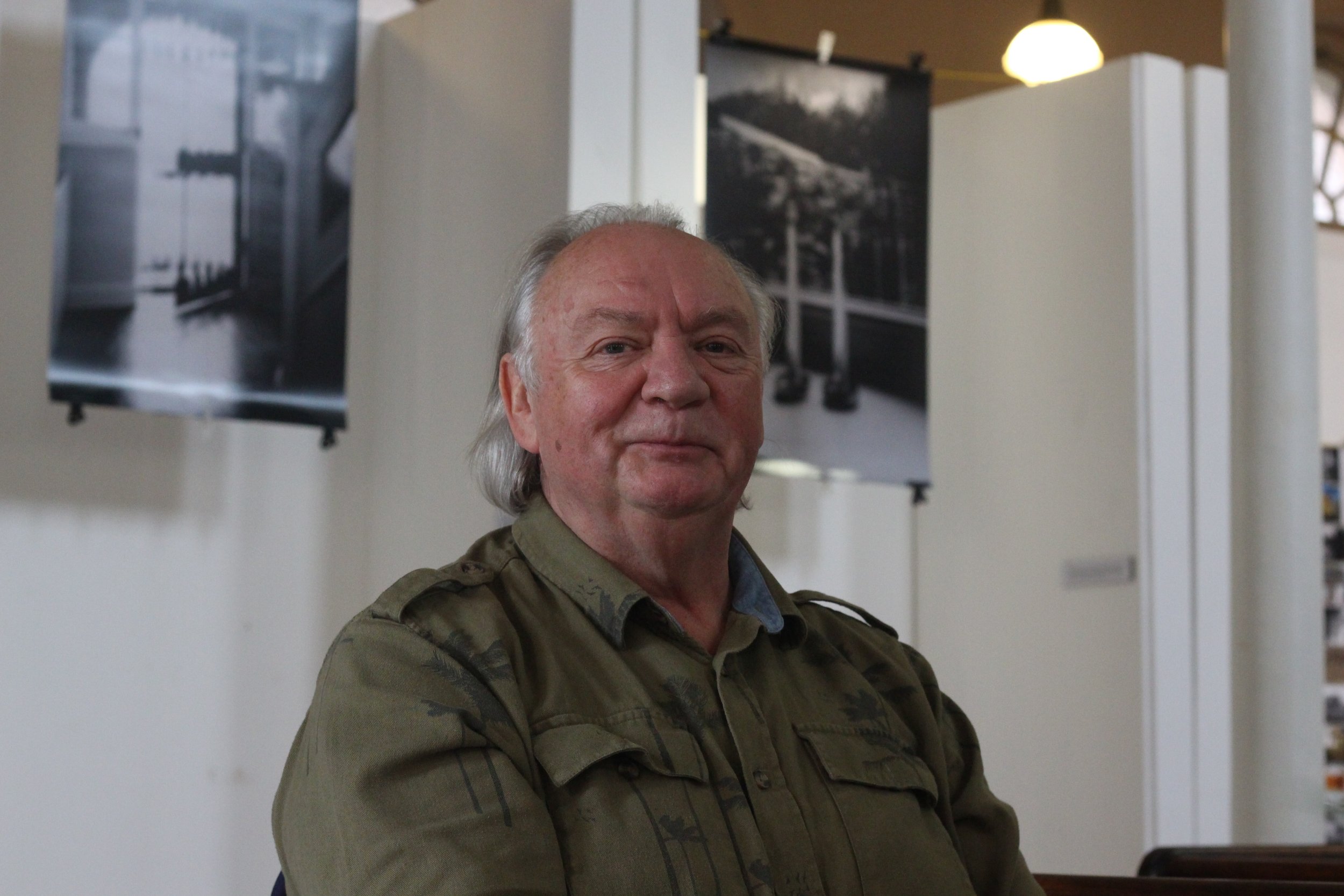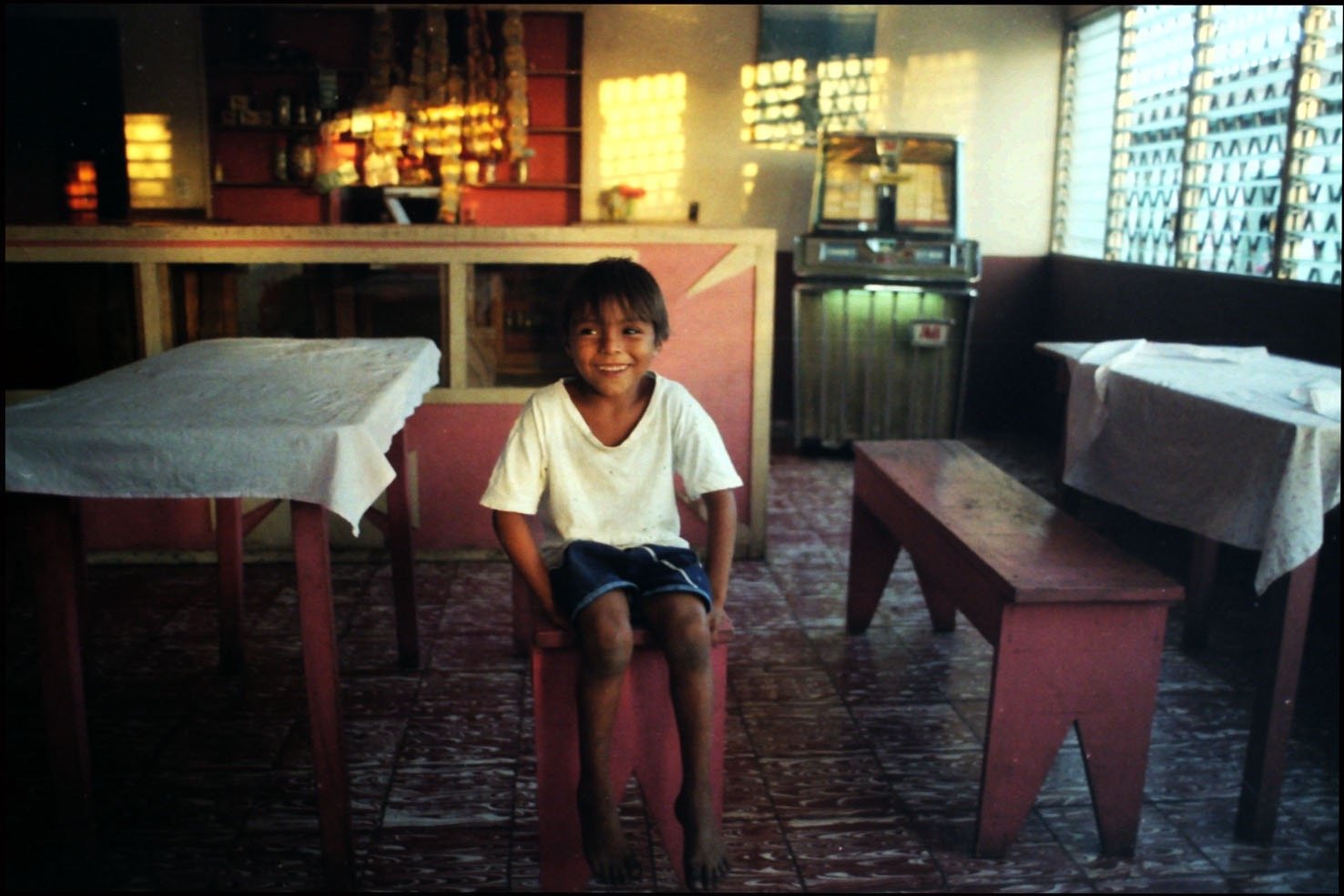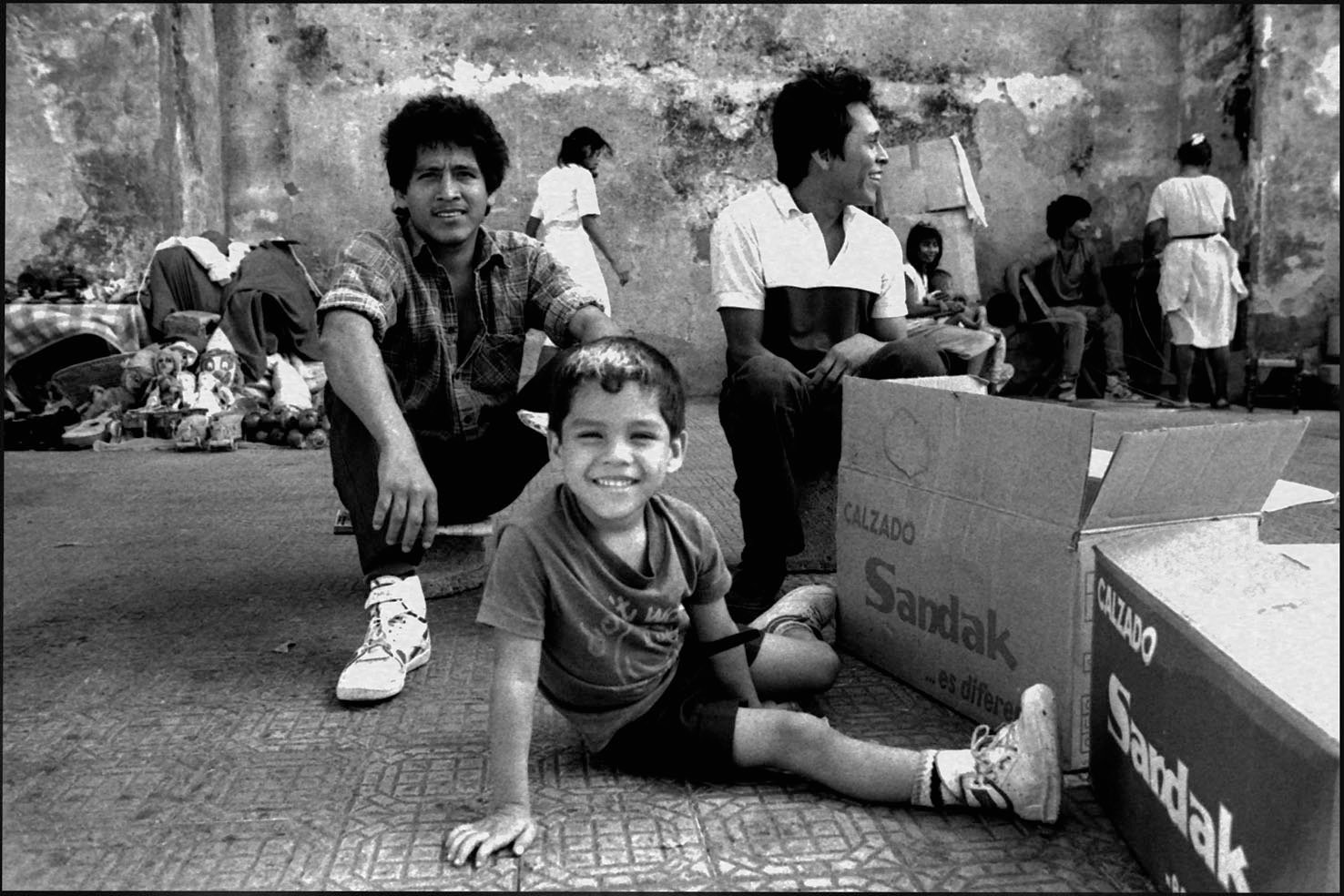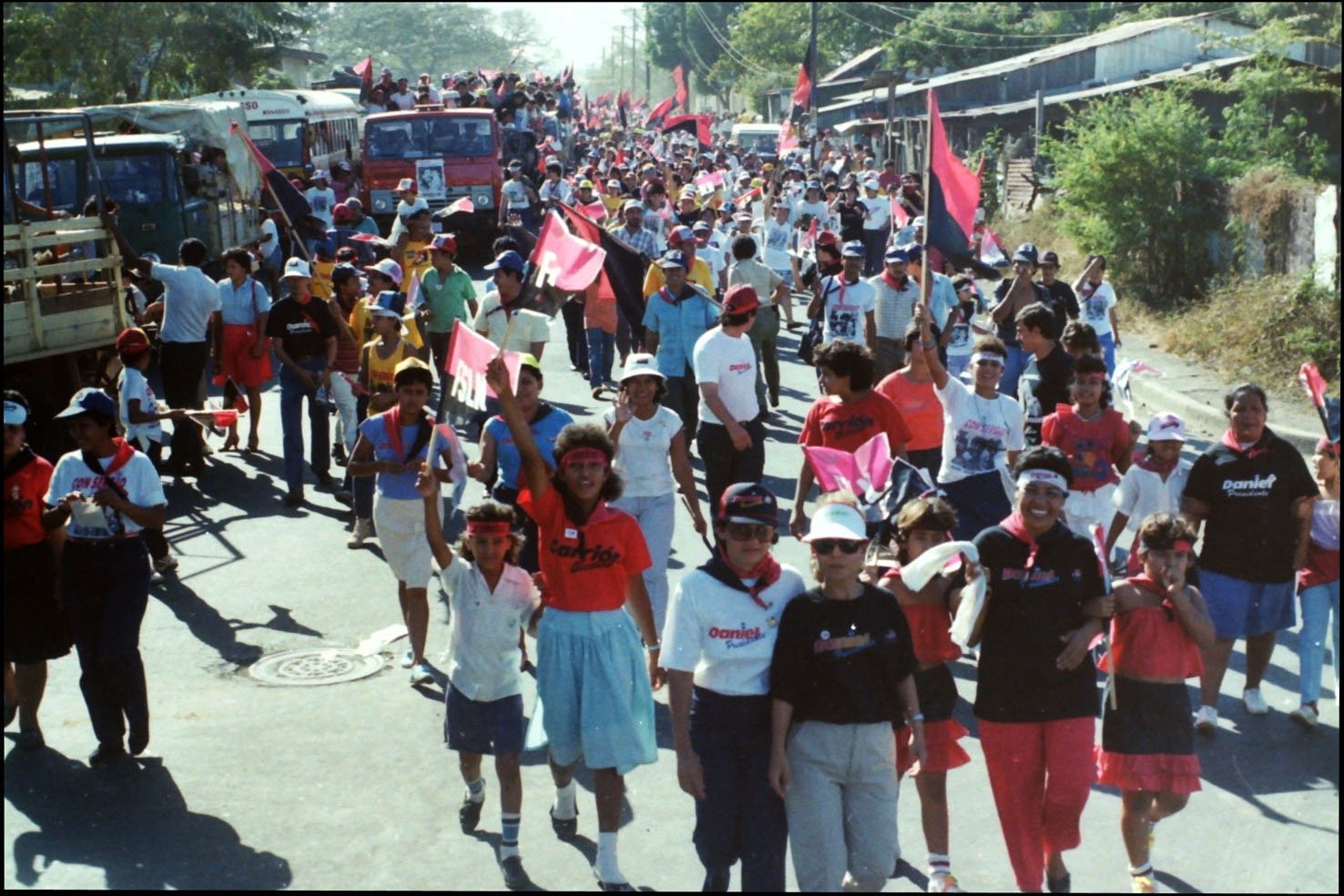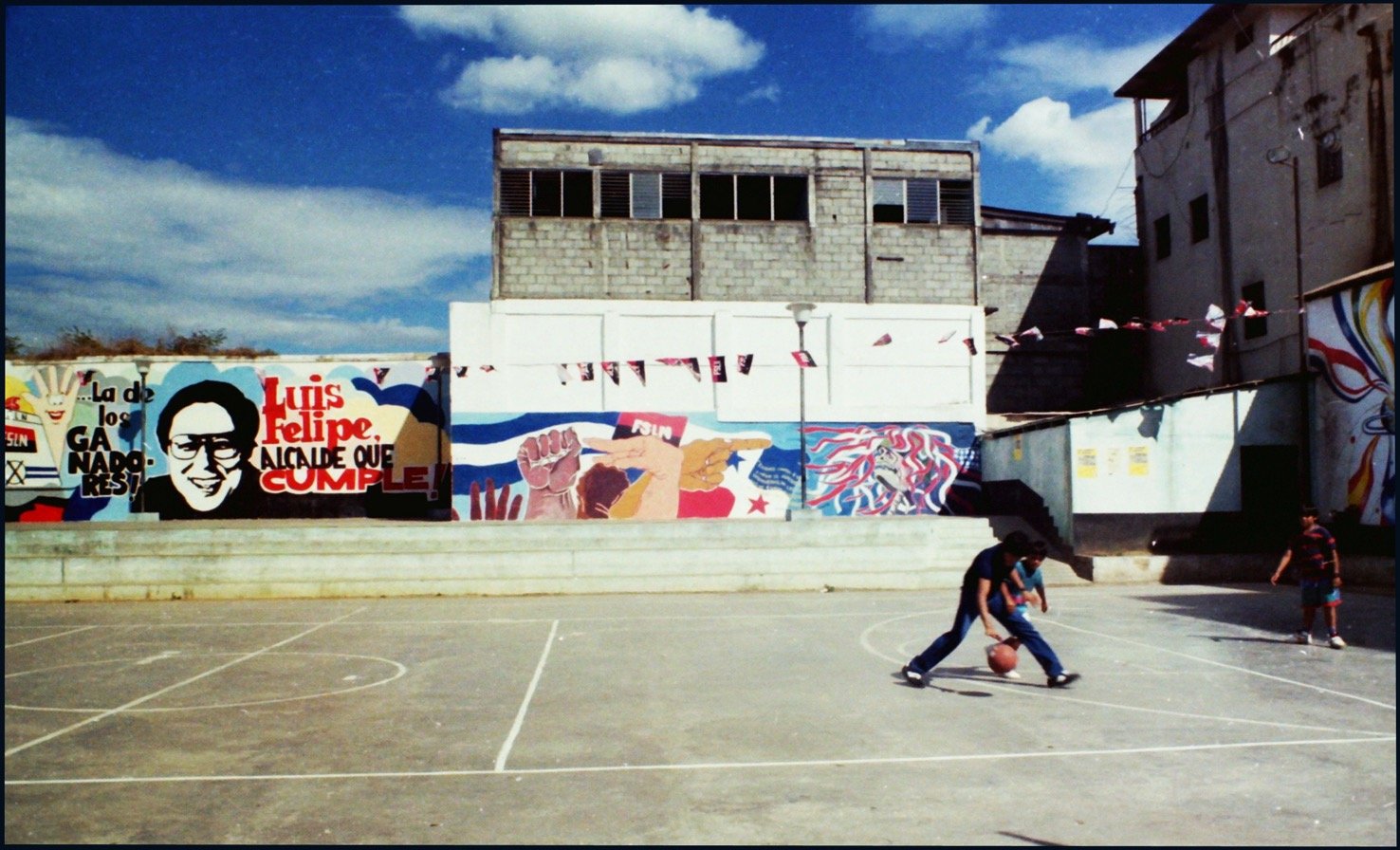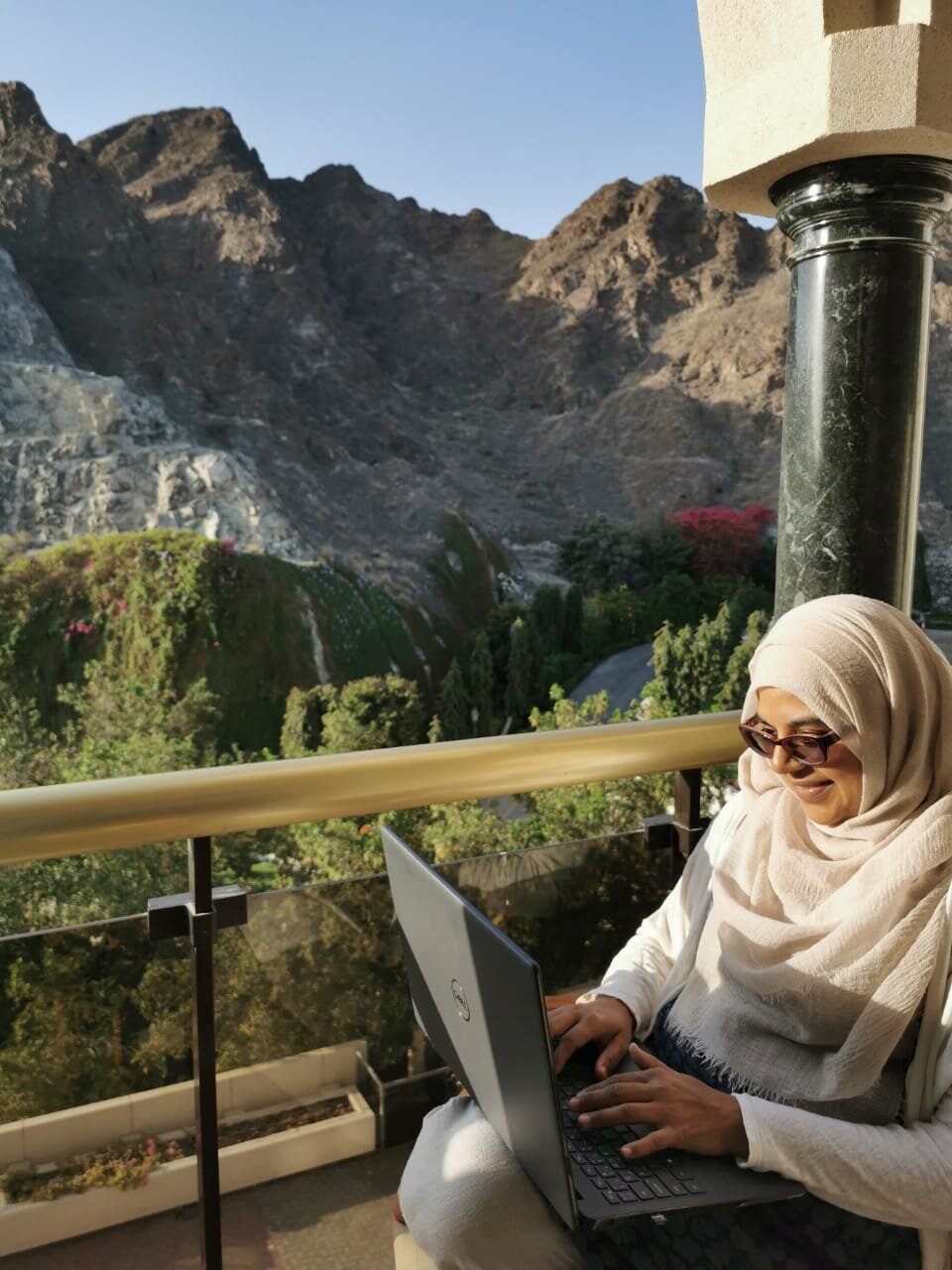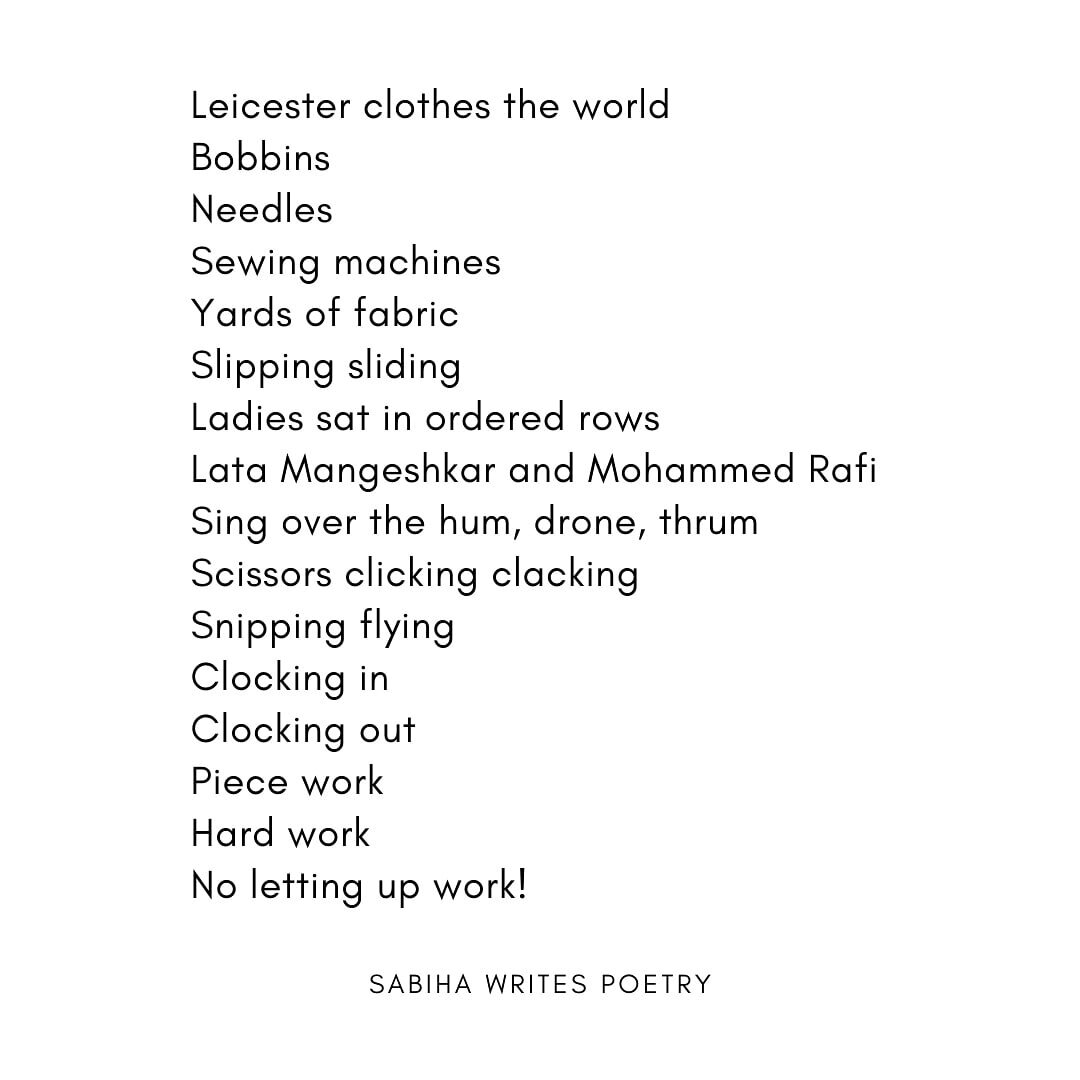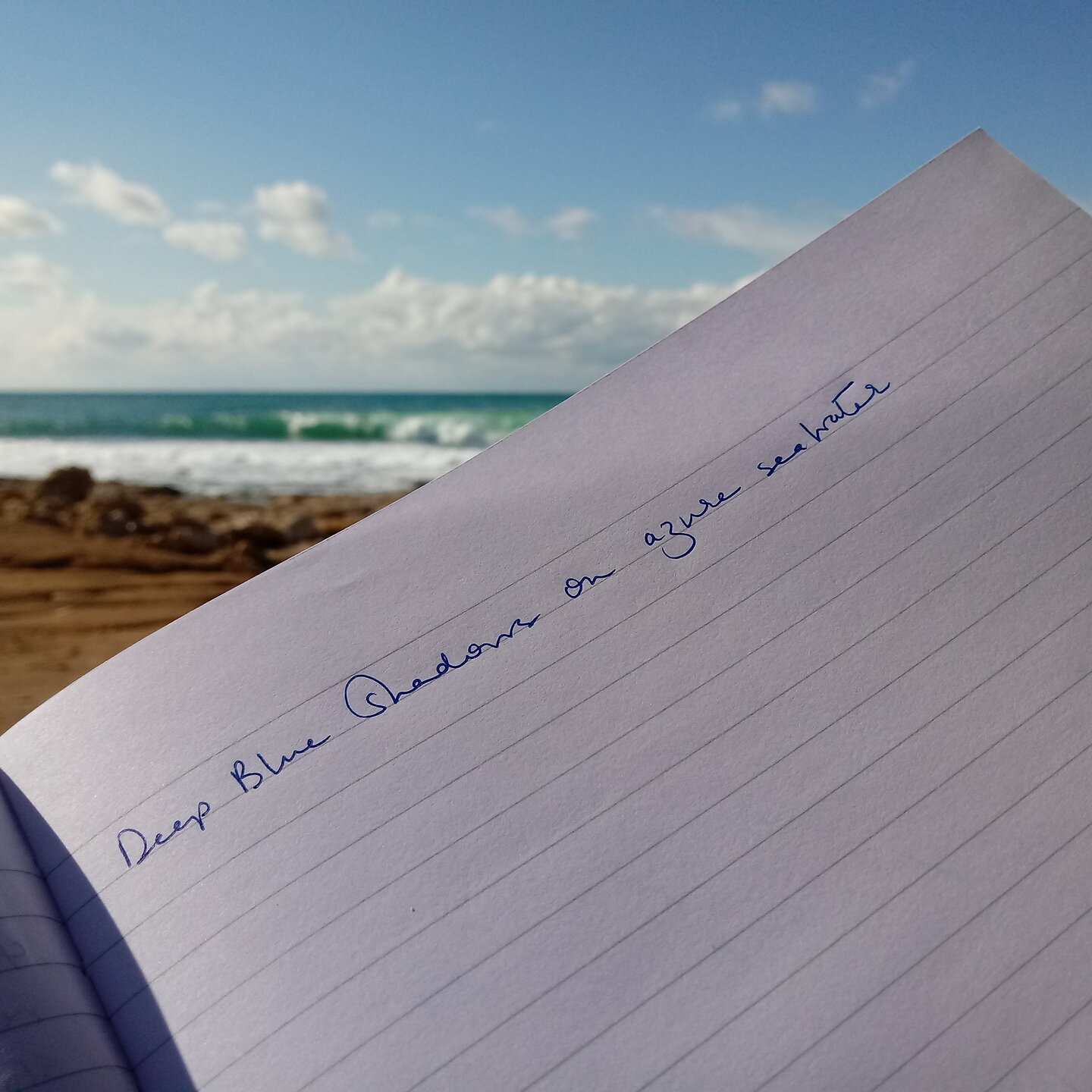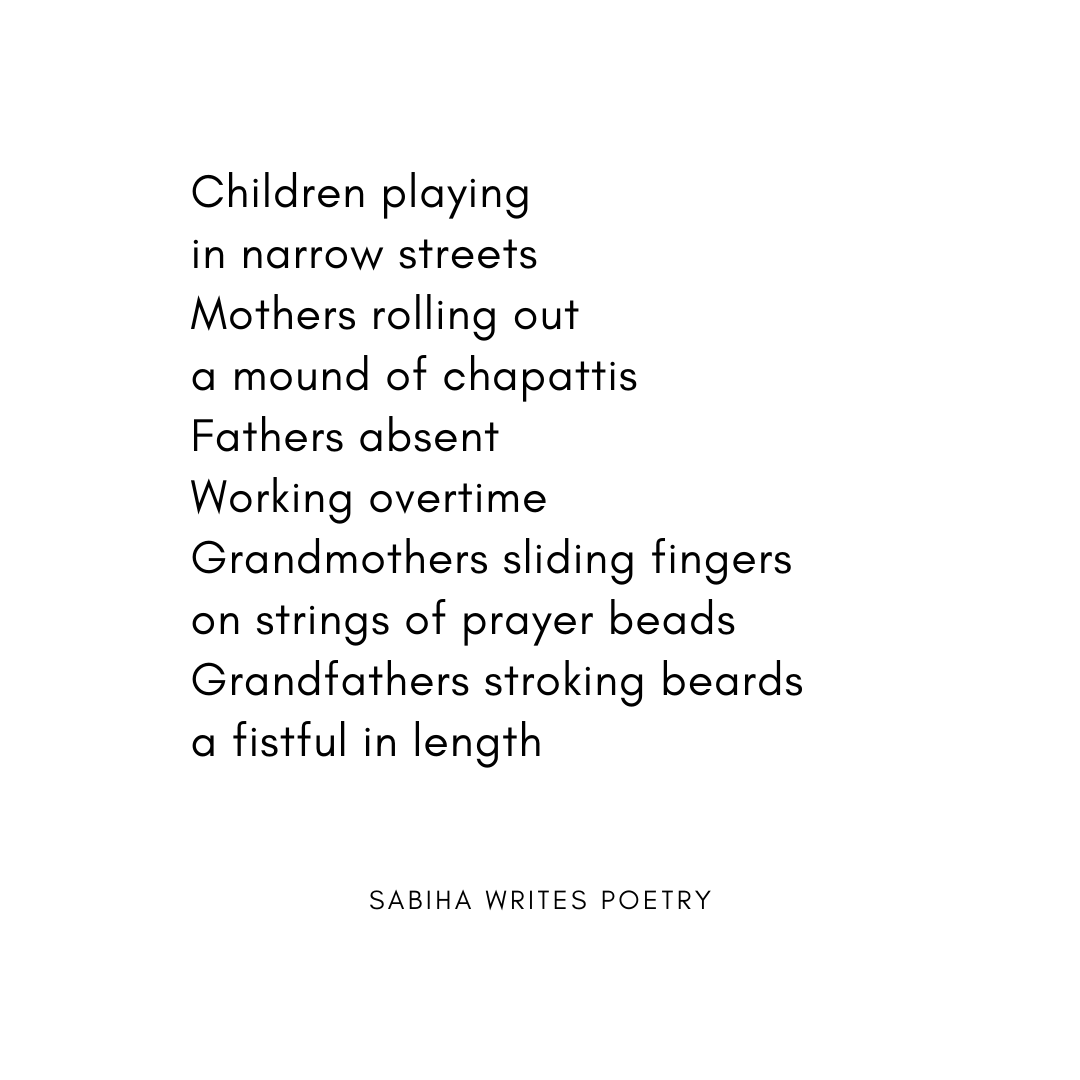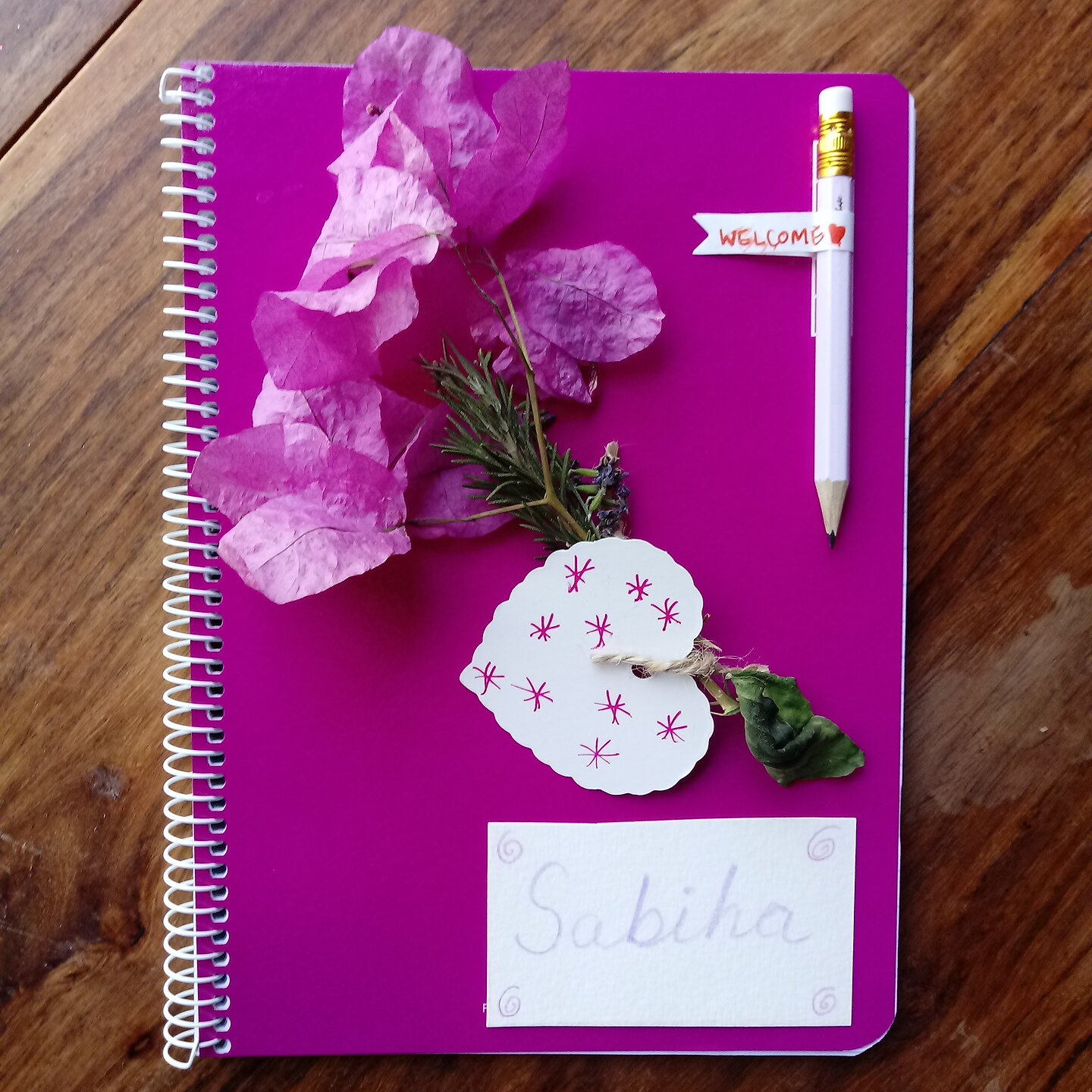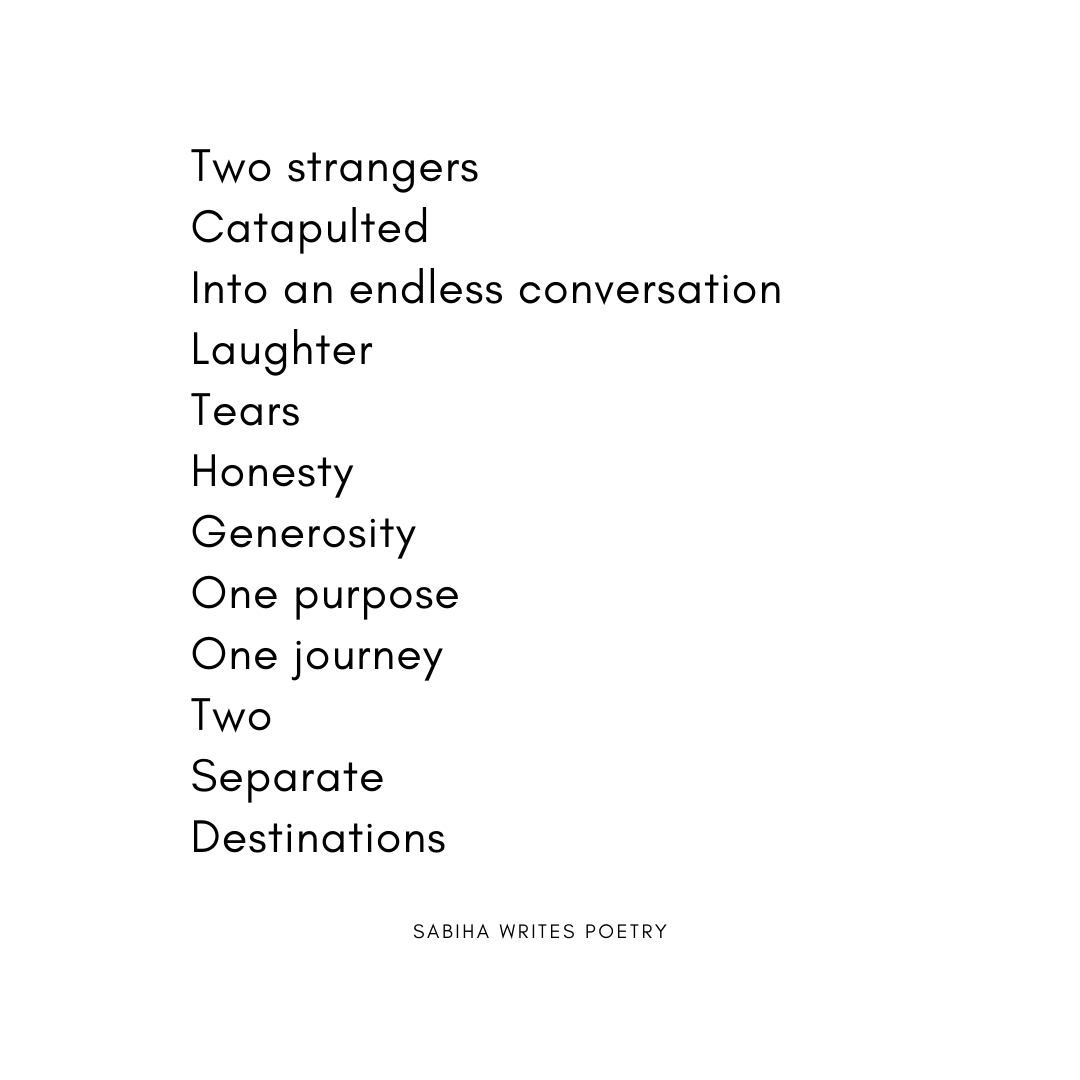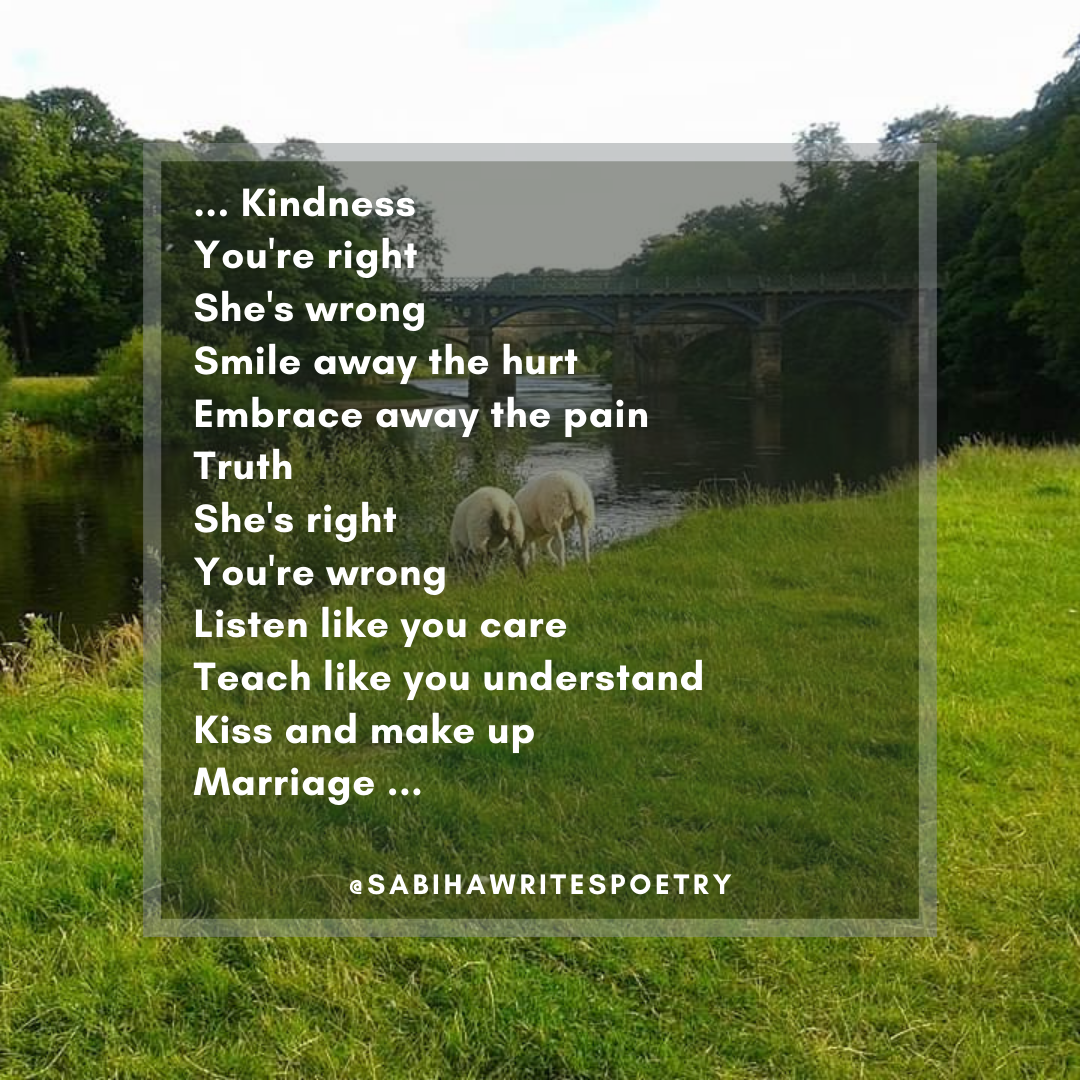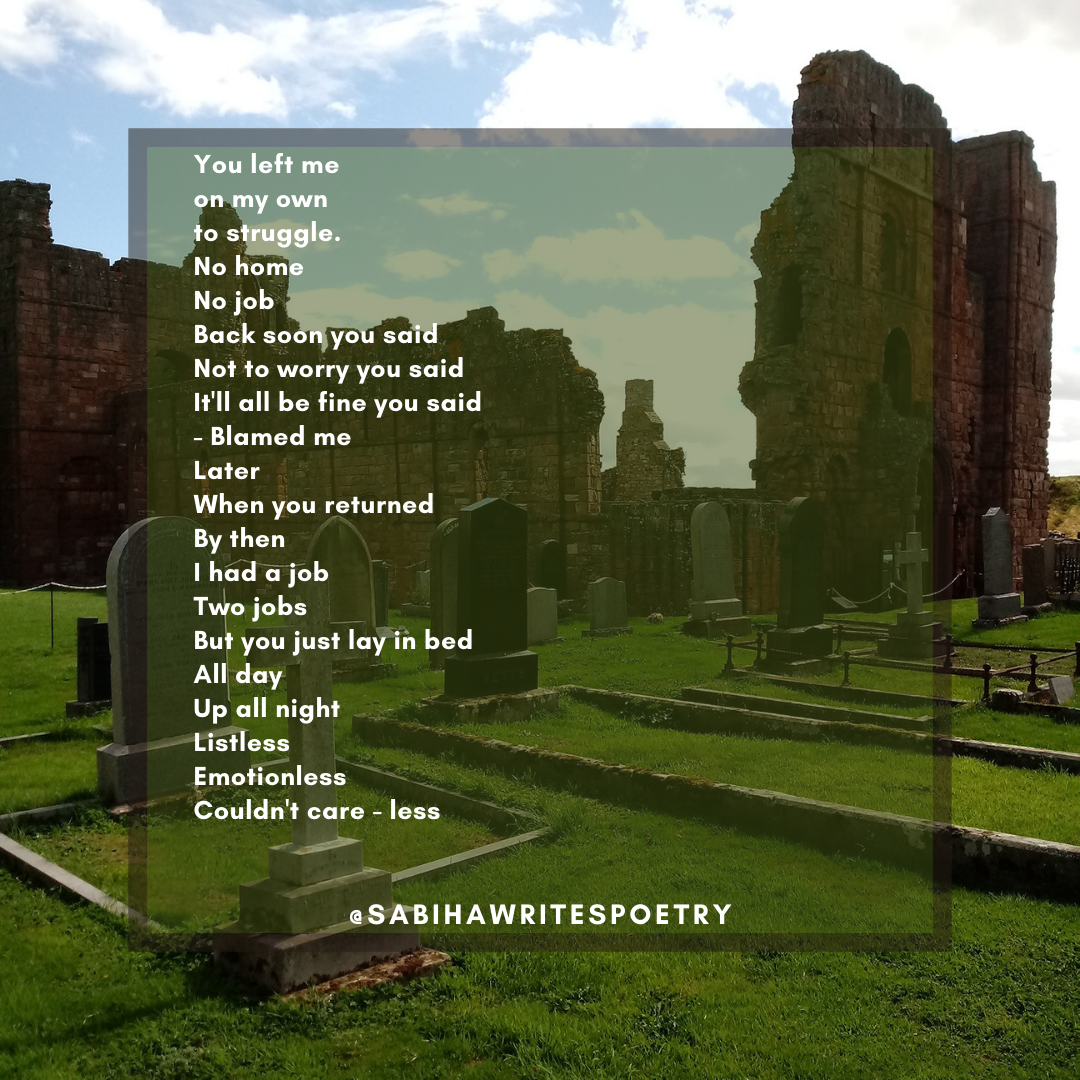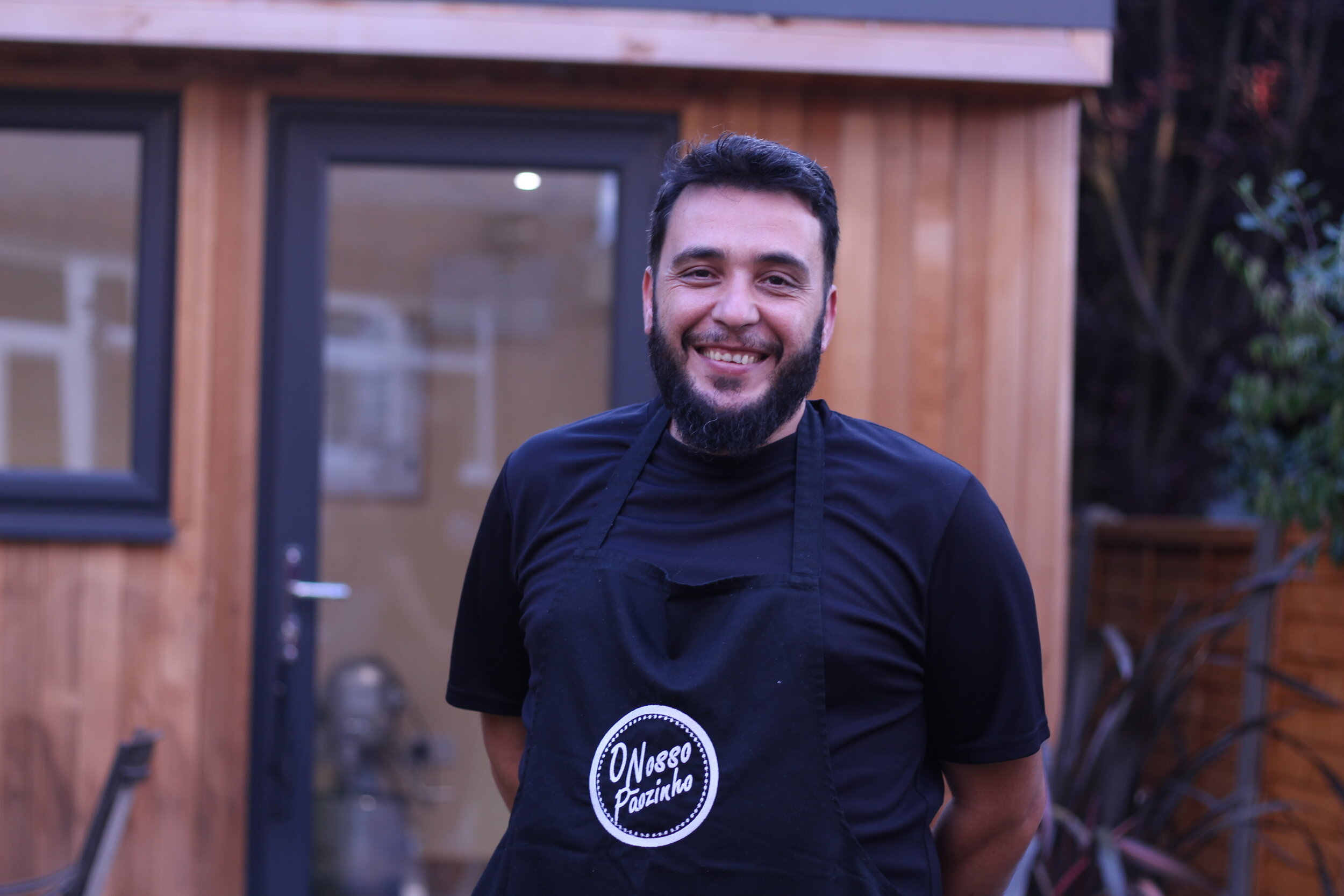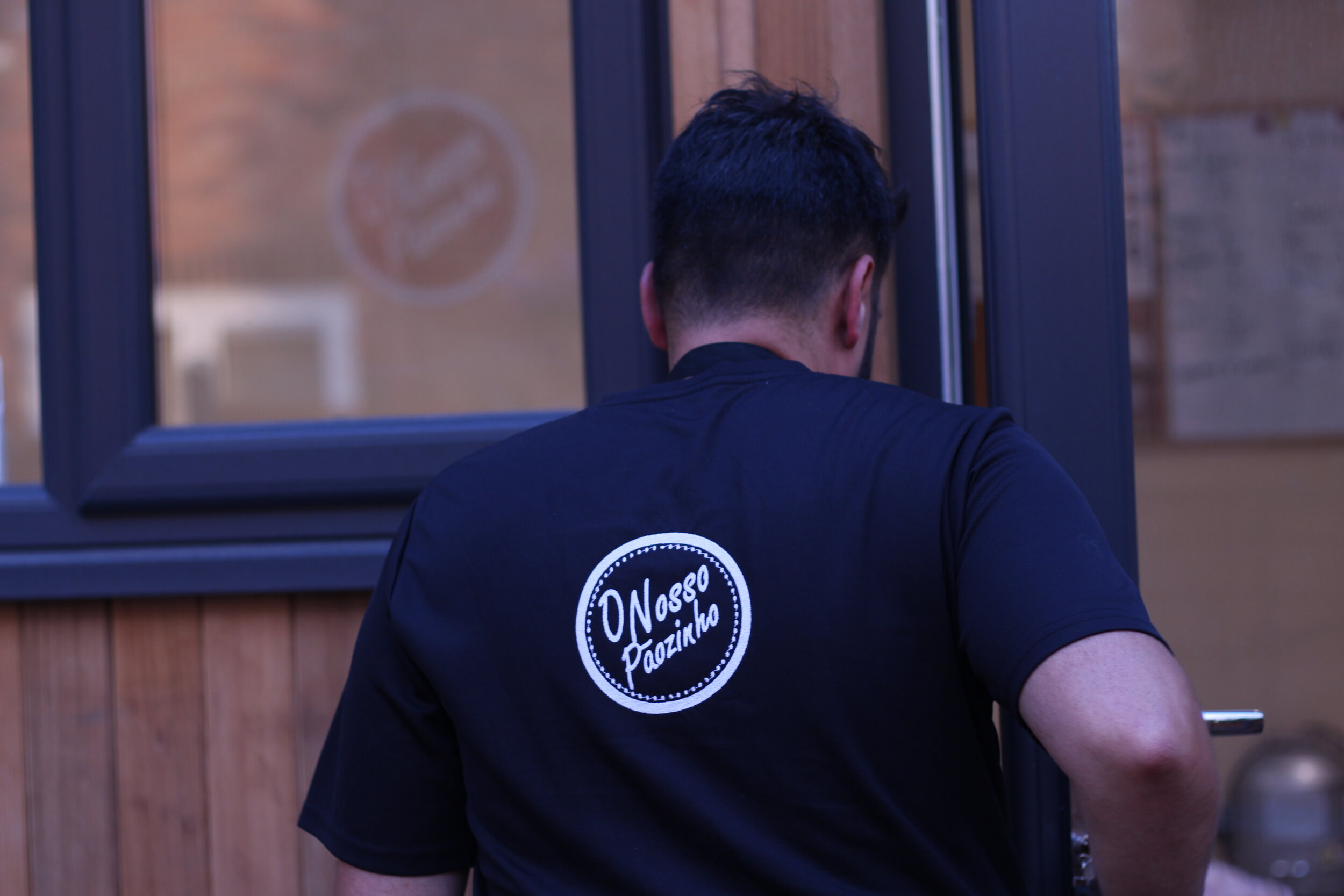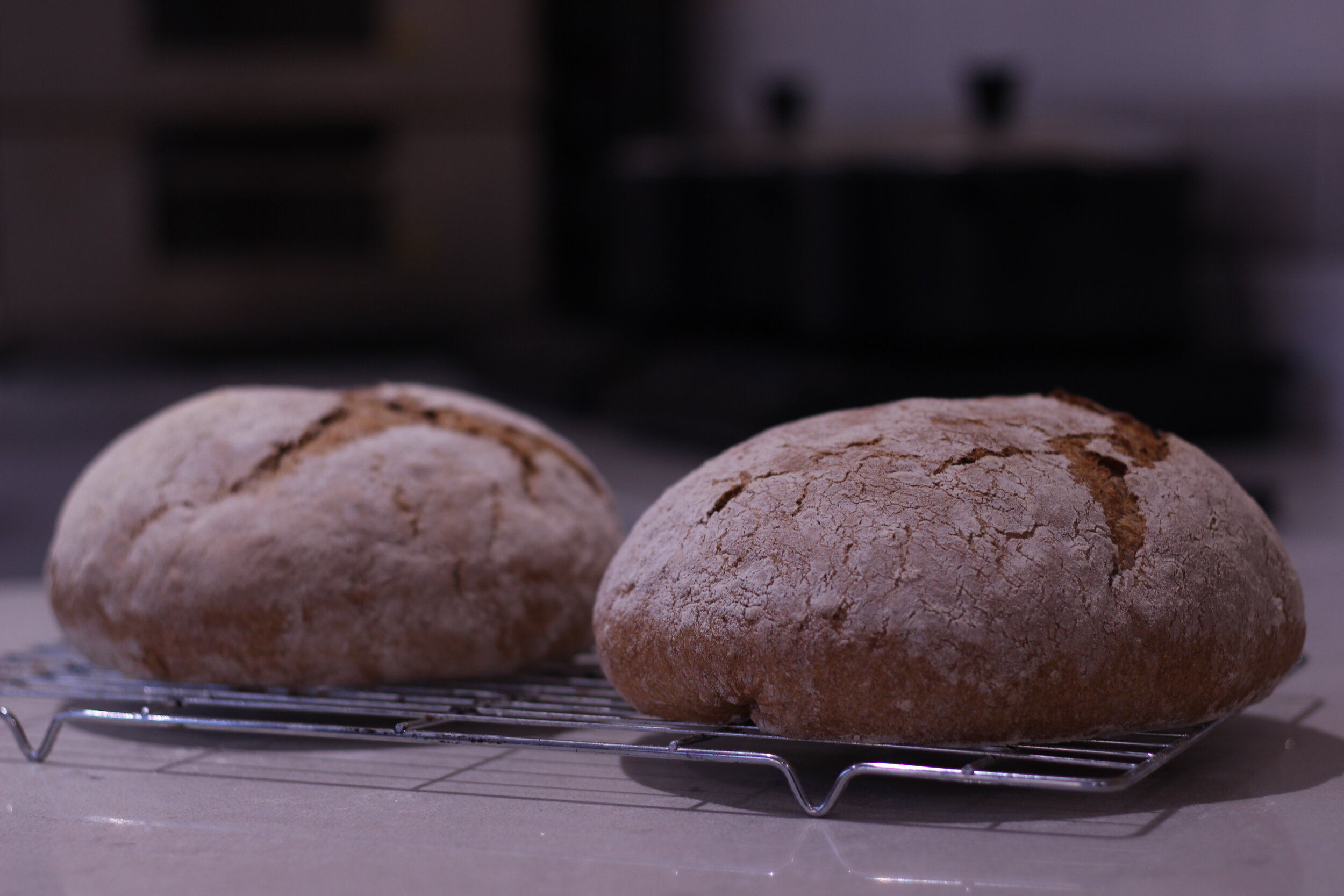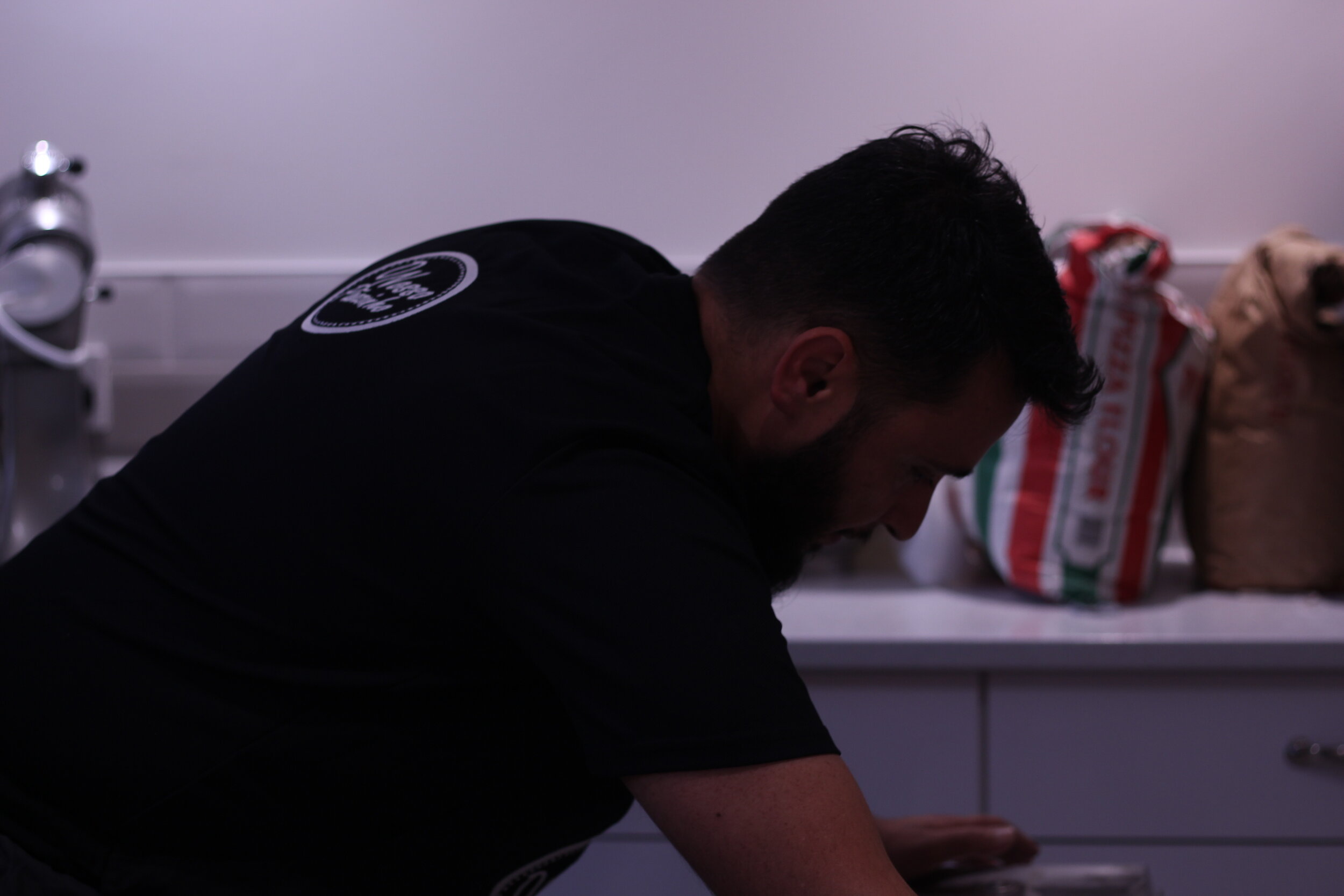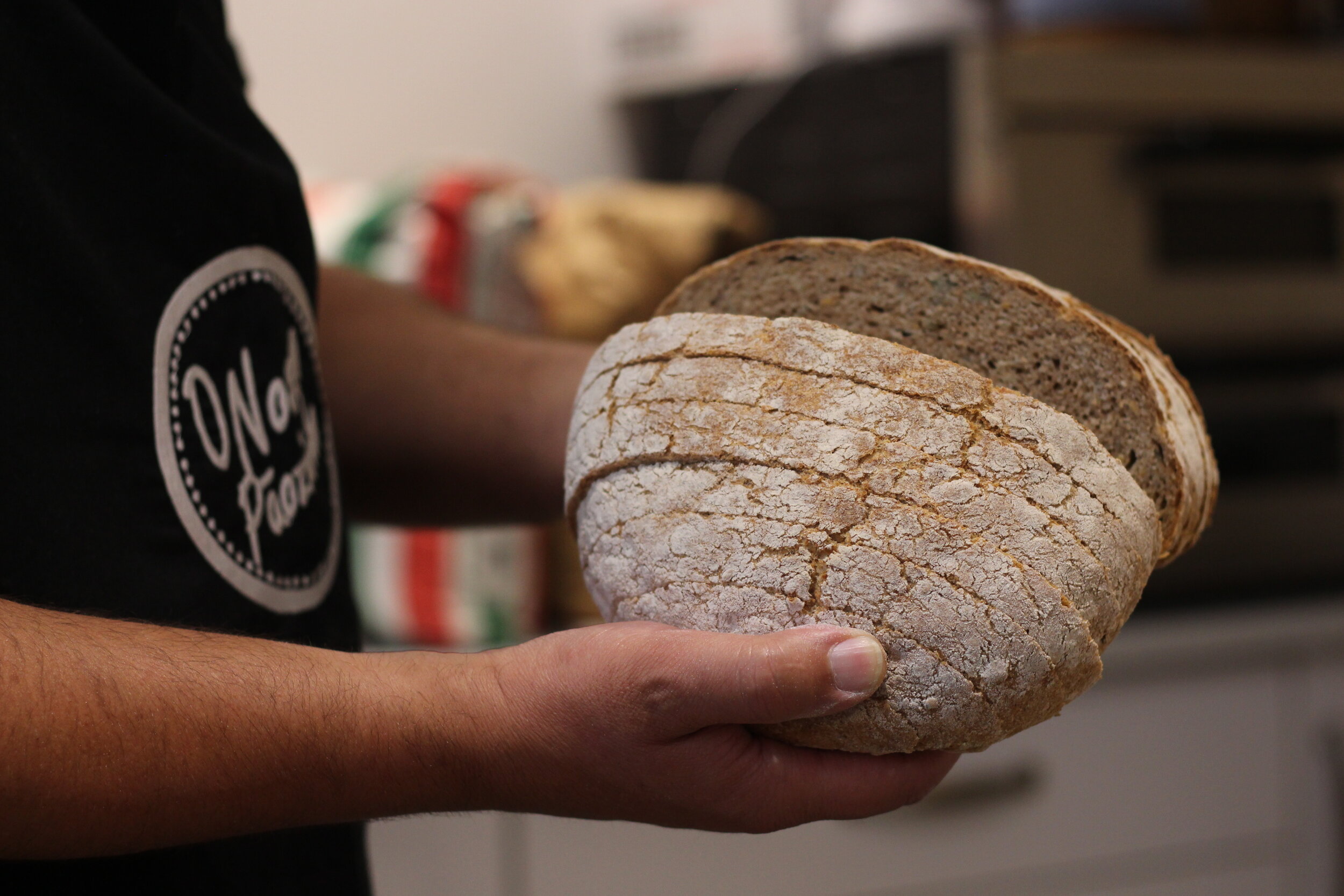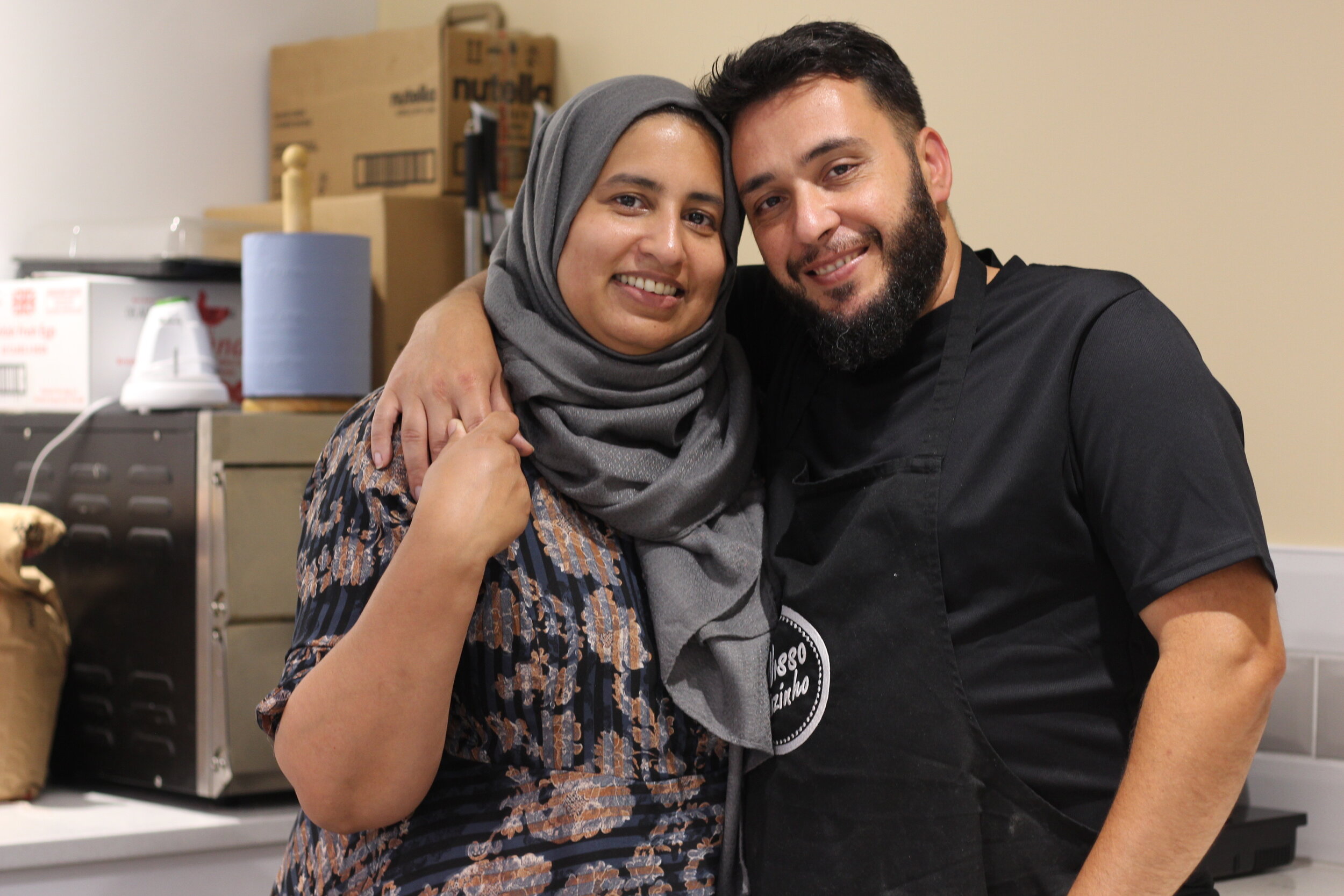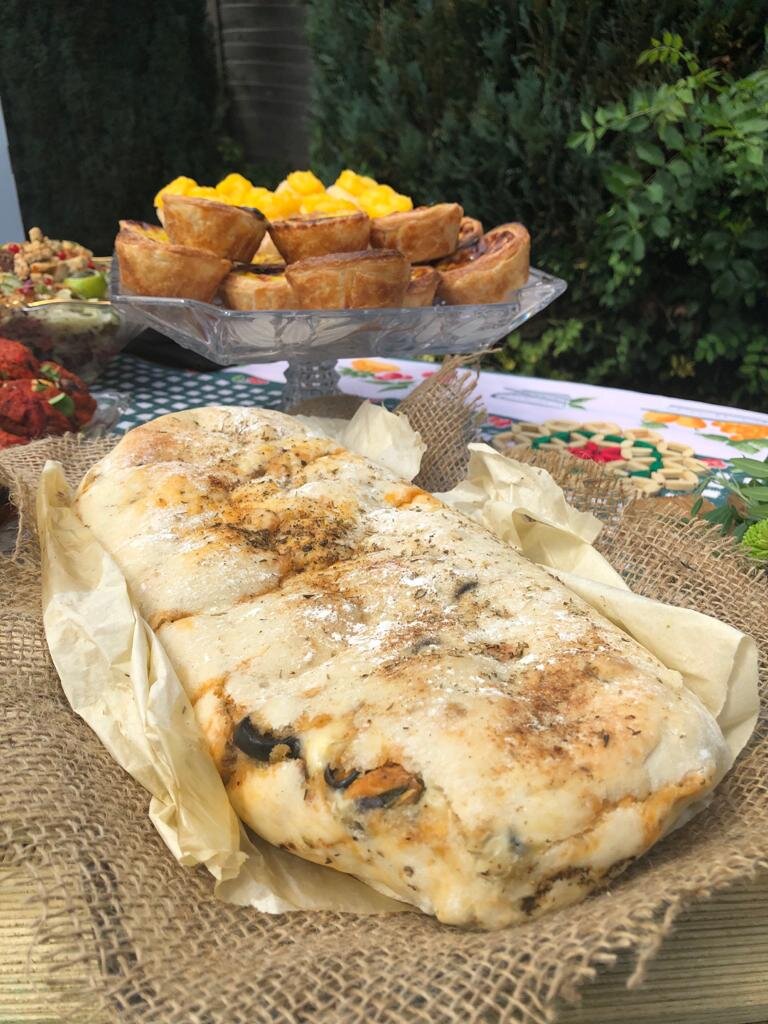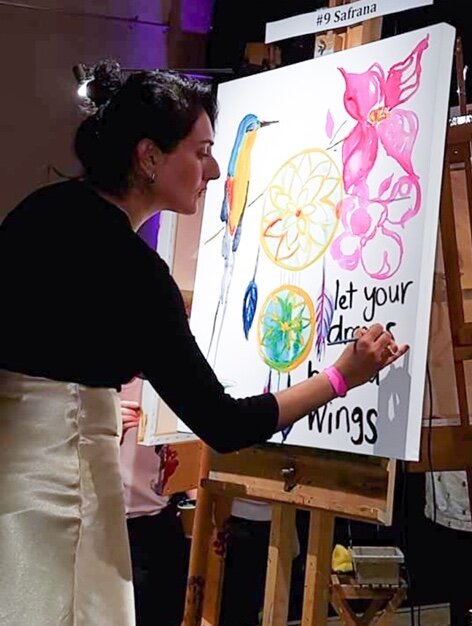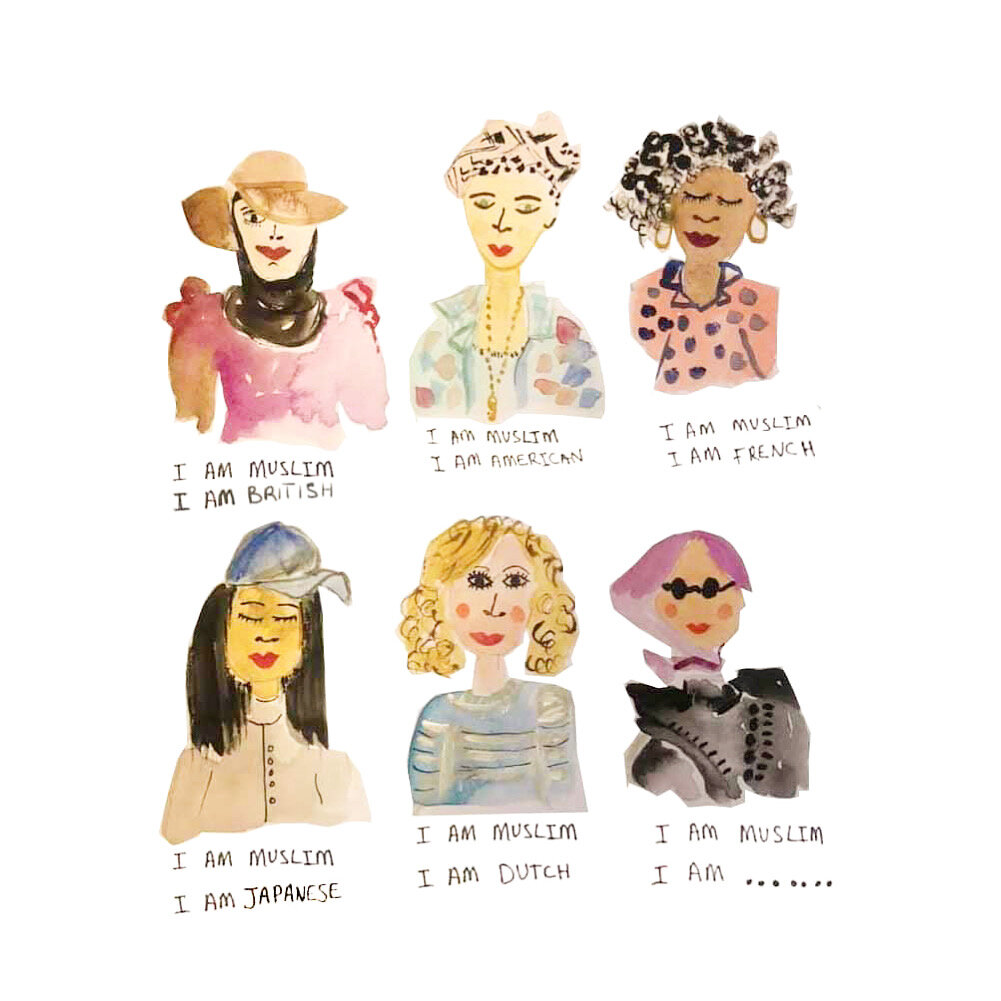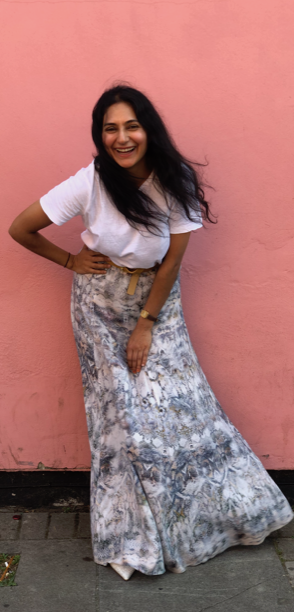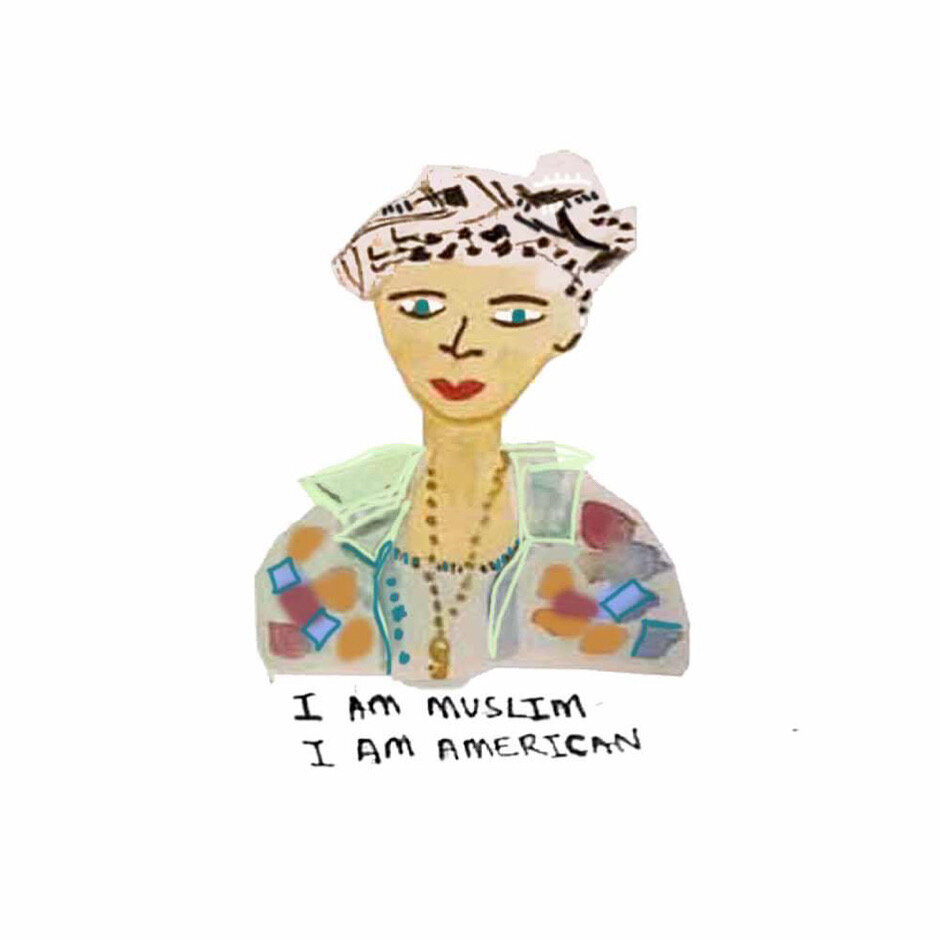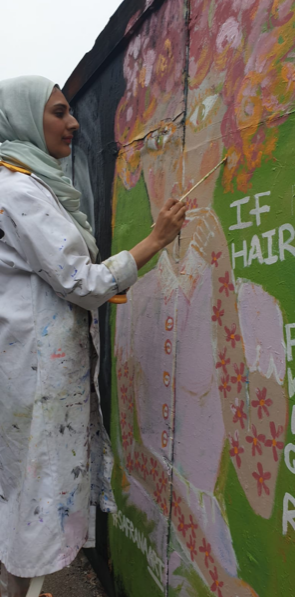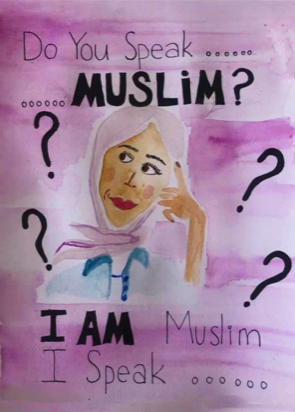Tony Shelley
Interviewed by Kulsum Hafeji
“I was born in October, 1953 into a world of ration books and post war austerity. School was an abhorrence to me, but writing switched on a bright light. In 1967, my parents gave me my first camera, but it wasn’t until 1982, that I began to take photography seriously. It would be another twenty years before I turned professional, retiring in 2013, to pursue my own projects.”
Interviewed: by Kulsum Hafeji
Tony is a local photographer who has been practicing his art for over a decade. A member of the CoL team reached out to discover more.
“I was born in October, 1953 into a world of ration books and post war austerity. School was an abhorrence to me, but writing switched on a bright light. In 1967, my parents gave me my first camera, but it wasn’t until 1982, that I began to take photography seriously. It would be another twenty years before I turned professional, retiring in 2013, to pursue my own projects.” -Tony Shelley
Q 1: Your blog and Instagram page are named, ‘My Coffee Moments’ – how did the name come about? What is your favourite coffee?
Tony: ‘My Coffee Moments’ came about through my love of coffee and what we call today: ‘Coffee Culture’. Over the last decade, I have spent an enormous time in various coffee shops, both here and in Europe, met some of the most wonderful people and had some of the most interesting conversations of my whole life. In the last five years, I saw the possibilities of making ‘coffee based’ images on both digital and film formats.
Q 2: Tell us a little bit about your background – when and how did you get into photography?
Tony: I’ve had an interest in photography since the mid 1960’s. Nothing survives from that period. But I really got started in 1981 (whilst) photographing bands around the city. This led to photographing political demonstrations, portraits, and urban landscapes with no formal training. In 1997, I saw a BBC documentary about the Irish photographer David Gepp and his work with a large format pinhole camera in Venice. I was hooked. I started to build my own pinhole cameras and never looked back.
Q 3: What are some of your favourite things to photograph and why?
Tony: Urban and landscape photography is now my main area of interest, both with pinhole cameras and traditional SLR equipment. For general ‘snapshots’ I carry a couple of Lumix digital cameras everywhere and they have proved very useful over the period of lockdown.
Q 4: What is one of your most memorable photographing moments?
HIROSHOMA 2015. Photograph: Tony Shelly
Tony: This is difficult because I’m always looking for the ‘next’ image/the next project. I would have to narrow it down to two different moments. The first was hitch-hiking around Nicaragua in 1990, photographing the general election there. The second would be visiting Hiroshima, Japan in 2015, where a young child gave me a paper dove, as I was making images of the one remaining building (The Dome), 70 years after the US Airforce dropped the atomic bomb, from the Enola Gay, in August 1945.
Tony: Prior to travelling to Japan, I had read Col. Paul Tibbets book 'Mission Hiroshima', which both fascinated and horrified me. Tibbets commanded the Enola Gay, which dropped the atomic bomb on Hiroshima. As I sat facing the Atomic Dome, the words of Yusuke came to mind:
“I shall write peace upon your wings,
and you shall fly around the world
so that children will no longer have
to die this way.”
― Teshima Yusuke 手島悠介
Q 5: What are you currently working on?
Tony: I’m currently working on two projects simultaneously, both for exhibitions later this year. The first is called ‘A Society Corralled’, which is a series of large format pinhole images shot in and around our house, the idea being the things we take for granted take on a new importance when forced to stay indoors. The second is a series of wide-open spaces, made over the period of Lent, representing change and loneliness, and again using the large format pinhole camera.
Q 6: What do you aim to convey through your photography?
Tony: I’m always interested in what others think of my images. In the past people have liked them, other times I’ve been torn to shreds. Put it this way, I see a potential image that sparks an interest within me. I apply the craft, and all I can do is give one the equivalent of what I saw and felt. Then it’s up to them.
Q 7: What life lessons have you learnt through years of photography?
Tony: Photography is always a learning process. Since 1990, it morphed into a healing process from my twenty years of addiction. My pictures up until that point were always printed too dark. As time progressed my photographic world exploded into colour, and even my black and white printing became brighter in content. Also, at that point throughout the 1990s I took many jobs to finance my projects.
Q 8: How would you describe your photography style?
Tony: I don’t think I have a particular style (Tony says with uncertainty). Although today, I would be pigeon-holed as an urban photographer, and that’s OK, as it encompasses many different subjects. I’m cool with that.
Q 9: Whose work has influenced you the most?
Tony: Influential photographers? Obviously, David Gepp, William Christenberry certainly, but there are local photographers who have so much talent and do great work. I’m thinking particularly of Jacqui Booth, who I hope to be working with later this year. But I like just hooking up with other photographers or friends of mine, and just going out for a day making photographs. Throughout the month of February, I worked on a ‘One Image per Day’ with a friend in Poland- a keen and skillful photographer called Dorota Wozny.
Q 10: What does photography mean to you?
Tony: Photography is a way of life. Before I retired from my job as a product photographer in 2013, I had become totally disillusioned with photography. But retirement and free time blew wind into my creative sails. And Lockdown has proven to be a very creative period. Even on a simple walk to the shops, I’m carrying a camera. Sometimes, I’ve come home with some interesting images as well as the shopping.
About artist: To explore Tony’s art, head over to his Instagram page, @my_coffee_moments, where you will find a refreshing perspective on ‘coffee culture’ through Tony’s artistic eye.
‘Sabiha Writes Poetry’
Interviewed by: Kulsum Hafeji
“Poetry is a way in which I can write down the thoughts that are often whirring around inside my head. I like to see these thoughts on paper. I have also discovered that others often share the same thoughts, but they may not have the words with which to express these ideas. I guess therein lies the inspiration to write.”
Interviewed by: Kulsum Hafeji
1. Tell us a little bit about your background. Do you come from a literary background?
St. Barnabas Library. Photograph: Peter Halliday
I was always encouraged to read. My parents do not come from literary backgrounds themselves, but they were keen to ensure that my siblings and I did well in school. They themselves were both born and raised in India.
My mother, however, took us to St. Barnabas Library every Saturday whilst we were growing up and that is where my love of reading comes from. St. Barnabas Library is still a place I visit regularly. The Libby App has been a blessing during the pandemic as I can still borrow books from the library albeit e-books.
2. Which poets did you enjoy reading when you were younger?
Allan Ahlberg’s “Each Peach Pear Plum” and Roald Dahl’s “Revolting Rhymes” are books I seem to remember from a very early age. Then there was Philip Larkin and Craig Raine that I associate with A Level English Literature. Sujata Bhatt, Imtiaz Dharker and Moniza Alvi are poets I remember from when I first started teaching. They all write very differently and all have had an impact on me.
3. Did you write poetry as a child?
I remember writing poetry whilst I was at university, but I am not sure if I was writing much before then. I do also remember having a friend who claimed to write poetry in Urdu / Persian which always fascinated me. Songs, Nasheeds, Qawwalis are all forms of poetry too and although I wasn’t necessarily writing, these were art forms that I was exposed to.
4. What are some of your favourite Songs, Nasheeds or Qawwalis?
I am old school and so I’m still very fond of Talib al Habib's nasheeds. I have had the opportunity to hear him perform live on a couple of occasions. Maher Zain's Radhitu Billahi Rabba caught my attention whilst listening to Ramadan FM during lockdown.
5. How did you get started as a poet?
Not long after I started teaching, I remember inter-railing around Europe one summer holiday. Lots of photographs were taken on that trip but I also remember writing poems whilst travelling on the trains.
Sabiha attending a zoom poetry class. Submitted: @sabihawritespoetry
Since then, I have completed various courses where there have been more opportunities to write. The Arvon Foundation runs a variety of courses aimed at writers - they also offer discounts to teachers which is always a good thing! I attended a course at their Lumb Bank Centre a couple of years ago and met many budding writers and poets from the UK and overseas. The Garsdale Retreat is another organisation that offers a writer’s retreat and the food is amazing too.
Further, I have just completed a master’s degree in Creative Writing. This year’s journey entails launching my Instagram page: @sabihawritespoetry. It is an idea that I have been toying with for a while. It finally felt like the right time to make my work more public.
6. How do your poems develop? Please guide us through your process in creating your poems, what/who inspires you to write?
Submitted: @sabihawritespoetry
I don’t follow a particular pattern. I usually find that I have a thought and it develops into a few lines and then a collection of phrases and then, finally, a poem. I have a couple of notebooks where I jot down ideas. I then revisit these and tweak a few words. Currently, I am completing a course with York University’s Centre for Lifelong Learning. I have discovered these short courses are great for injecting a bit of creativity and inspiration into my everyday life.
7. Who are your favourite living/dead poets?
My favourite poet - is a difficult question to answer. Rupi Kaur is someone who I discovered a few years ago. I find that she is able to say poignant things within a few lines. This is very powerful. Both her “the sun and her flowers” and her “milk and honey” contain some super poems. I have not yet read all the poems in her new collection, but I do know she discusses contemporary issues and also addresses themes relating to the struggles of living through a pandemic.
8. What do you aim to convey through your poetry?
I write about what comes to me, sometimes I write about love, other times I write about hate. Families, culture, travel and food. There are so many topics to write about. I try not to limit my thoughts to the conventional and prefer to explore new ideas.
9. What is poetry to you?
Poetry is a way in which I can write down the thoughts that are often whirring around inside my head. I like to see these thoughts on paper. I have also discovered that others often share the same thoughts, but they may not have the words with which to express these ideas. I guess therein lies the inspiration to write.
About Poet: Sabiha is a full time teacher and part time poet. She was born in Leicester, and despite escaping to various parts of the country and the world, she always returns. For Sabiha, Leicester has a special way of luring back its own! She is currently back home, post lockdown and is enjoying reconnecting with her family and friends.
O Nosso Pãozinho
Interviewed by Kulsum Hafeji & Habibah Hafeji
‘Ahmad and Farzana are a portuguese couple based in Leicester with a passion for baking. In 2019 they decided to embrace their passion for all things bread and pastry and started their small business, O Nosso Pãozinho, selling bread and other baked goods to local friends, family and neighbours.’
Interviewed by Kulsum Hafeji and Habibah Hafeji
Photograph: Kulsum Hafeji
Ahmad and Farzana are a portuguese couple based in Leicester with a passion for baking. In 2019 they decided to embrace their passion for all things bread and pastry and started their small business, O Nosso Pãozinho, selling bread and other baked goods to local friends, family and neighbours. From a late Saturday night post on facebook, word of fresh bread and freshly baked pastéis de nata spread like wildfire throughout Leicester and orders came pouring in.
We at Colours of Leicester were so charmed by their passion for baking and the little personal touches that we decided to reach out and feature them for our magazine. We went to meet the bakers on a late sunny afternoon and were greeted with warm smiles and fresh bread out of the oven. We sat and chatted in their open plan living space and kitchen area with a direct view into the garden and of their recently built outhouse which is where we were told all the magic happens!
Kulsum: Tell us, how did it all start?
They both laugh at this and Ahmad, smiling, motions to Farzana to take this question.
Farzana: It started a long time ago. I mean, Facebook gives you those prompt reminders. It was 2016 when we were already sort of working towards what we are already doing today. Ahmad basically learnt everything from his grandparents. When he was growing up in the village, in Portugal, he learnt from sort of seeing them baking on a daily basis.
Photograph: Farzana
However, it was back in 2018 when he was off sick, and Ahmad was stuck at home, where it began. Ahmad would spend his time baking and baking, trying different things and experimenting.
I mean the neighbours used to say this street should be called Bakers Street or something. Eventually it got to a point where they were like guys, you should sell this. You guys should open a bakery! At that point I was like, Ahmad, maybe we need to do something.
One day out of the blue, in February 2019, on a Saturday night, we were sitting here and I said to him shall we put up a post you know, to see if anybody wants, freshly baked Portuguese bread on a Sunday morning delivered at your door? Any takers? Anybody interested? I wrote it all up with a picture and he goes: Put it! I was just about to click and I said to him, what if it goes crazy? He was like no it won’t go crazy, we’ll have one or two orders and I posted it. And Subhanallah that day we had so many orders!
Over a year, we've learned so much. Every day we bake, we learn.
Photograph: Habibah Hafeji
Kulsum: How has it been working with each other?
Farzana smiles.
Farzana: We've learned so much about each other because up until then, we were just husband and wife. Now it's like we are colleagues and we are working together. He will see things in me where maybe I have failed by not doing it to his standard and vice versa. How do you say it to each other without it becoming personal? You know, it was such a beautiful way of learning about each other.
Habibah: So, we want to know more, who taught you, Ahmad, how to bake?
Ahmad: My nanny. I just saw my grandmother bake and learnt from her. The recipe I'm using for the bread came from my nanny which came from her mother and generations before. Like Farzana said, my background is Portuguese. My mum’s background is from North Portugal, in Viseu.
If you go to my mum's village, you don't see the houses with the bricks, it’s stone. Stone by stone and you have the clay ovens inside. My nan used to live in the south but during the summer time we would go up North, sometimes for three months for my summer holidays. So yeah, I used to help in the morning and go to the barn and I would help my aunty take out the milk from the cows.
I grew up with that. No play stations, no phones. When it was my birthday, or anyone’s birthday, my mum would always say do the cakes because you have a nice way to do the cakes.
Like Easter time and Christmas time - I was always the baker, but doing cakes like pineapple cake, orange cake - it always came from my nanny’s recipes. So I used to bake cake but not bread, bread I started to do when we got married. Even when I came to England, I came in 1997 and we got married in 1999, that time I never made the bread for myself. When I got married that’s when I was like ah I remember my nanny doing it like this and I started baking bread.
We had a short 2 minute break while Farzana spoke to her son and we admired their grey british shorthair cat, Fifi.
Kulsum: So, what would you say has been your biggest challenges throughout this process of starting and running O Nosso Pãozinho?
Farzana: On a personal note, giving my time. Giving time to my family, to my husband and my children. That was my biggest challenge. Because I've always said this. I'm doing it for him. You know, it's my input for him. See it as a sign of my love.
Farzana laughs and Ahmad smiles widely.
Farzana: You know, it was a lot for me, because I do have health issues and with a very low sort of immune system, you have joint pains. So if you are too stressed then your white cells start to count down. So I know it's taking a lot from me, but I'm not counting what it's taking from me, probably because of how much it is giving me back. You know all the feedback we get and the new connections we have built.
Habibah: So, I can imagine it being quite difficult running this yourselves, are the kids involved?
Farzana: Yes. Mohammed is the eldest and at university. He helps with the customers, so giving out orders and things like that and he's very sort of, ‘it's Sunday mum you shouldn't be doing anything, you should be resting’. He keeps me in check so that's his way of sort of contributing. Bilal. He's just finished his A-levels and is interested in graphics and art. So yeah, He created the logo and he takes the pictures. The ones that you see that are not so good, it's me and the ones that look sort of professional they are his. He's very much a perfectionist, you know. He’ll say, “no, no, no, no, not like that, put a black cloth”. He’s that kind of voice, he helps with the image of the business. And Maryam, helps with cleaning and also with customers.
Kulsum: So let’s talk about your bread, what fillings do you put in your baked goods? Are they all traditional flavours?
Photograph: Kulsum Hafeji
Ahmad: The traditional one is just the chorizo. That’s it. You have the plain loaf and the chorizo bread. When I make my loaves, I always like to try something different. I am very particular, I’m like if you put this ingredient, it won’t combine with this one. This type of meat won’t combine with this herb. So, I am very very particular and like Farzana said, when I have dough left, that is when I experiment.
Habibah: What items did you start with?
Farzana: Just yesterday we were talking about this. We started off with the filled loaf, then with the halal chorizo bread. We then went from the chorizo bread with olives and chorizo bread with cheese, then jalapeño and cheese and then sundried tomatoes and cheese.
Kulsum: What is your ideal vision for this business? Have you thought that far?
Farzana: We would love to have a café of our own. At the moment, we just talk with customers at the door. However, something's not right. It's lovely, don't get me wrong, I love it, but it feels odd that we can't sit and talk.
The name O Nosso Pãozinho, means ‘Our bread’. Not just ours but everybody’s and because of our bread, you know, we are all sort of becoming one, one community.
So, I want a place where we can welcome anybody. There would be interaction with our customers and again, we would be learning. Learning and connecting.
They could give us something, we could give them something. You know just like this moment, you know we're learning so much from you and you guys are taking something from us. I think this is where the beauty lies, in a community.
Kulsum: So, wrapping up, what advice would you give to anyone who wants to start their own business?
Farzana: As you progress, you will find obstacles. You'll find days where you're like, oh my God, this is not the day. You might not be 100% yourself. You will have aspects which will sort of throw you back a little bit. So, the important ingredient really is passion. You need the passion, the more passion you have, the more strength you’ll have to sort of overcome anything that comes your way.
Secondly, you have to have a business mind, because you can't lose. Otherwise, it's not sustainable. Also, what has worked for us, is having that human side in you. You have to be human, you have to be compassionate, you have to be generous at times, you have to be yourself. Yeah, I think that's what it is, and do your pricings very well!
You know, it got to a point where I'm like Ahmad, hang on a minute, is this giving us any profit or am I just doing this to just burn calories you know and ironically we’re not even burning any calories!
We all laugh at this.
Farzana: So, you have to sit down. You need time, you need time. And yeah, I think if you've got more people in the business with you, delegate. For example, you’re good with the dough and creating and inventing new tastes. You're good with marketing. You're good with photography, you're good with customer service or whatever, then distribute that.
Habibah: Last question, from everything you make, what would you say is your favourite?
Farzana: In terms of breads, I love the new bread which is the Saboroso.
Ahmad: With a touch of pineapple.
Farzana: Yes, yes, that was invented in Ramadan whilst fasting. It's lovely honestly.
Ahmad: It’s a mix of all the breads we make.
Farzana: Am I allowed to say two more? So, the two more are definitely his Pastéis de Nata and my Berlin doughnuts.
Ahmad: My favourites are the new bread, Saboroso, because it's the top of the top!
I like the Berlin Doughnuts, but my favourite thing is the Pastéis de Nata.
We concluded the interview and Ahmad and Farzana proceeded to show us around their workspace, from the kitchen to the outhouse at the back of the garden which is their bakery and where all the magic happens! We later parted ways with a gift of some freshly made bread and smiles on our faces.
Seven months on, Ahmad and Farzana still dream of opening a café where people can sit, relax and enjoy some freshly made bread and Pastéis de Natas straight out of the oven! You can learn more about O Nosso on their Facebook page and Instagram. Their baking days are Tuesdays and Saturdays, to get in touch, you can DM on their socials @o_nosso_paozinho or get in touch on: 07961006511.
Safrana - the Artist
Interviewed by Kulsum Hafeji
‘Being surrounded by floral wallpaper, floral carpet and soft furnishings growing up, I think it must have subconsciously influenced my art because I love painting flowers.’
Interviewed by Kulsum Hafeji
Artist: @safrana.art
1. Tell me a little bit about yourself, where are you from? What was your childhood like?
Well, I’m Safrana and the first thing people say when they hear my name is that it’s a ‘unique’ name and “what does it mean?” Honestly, I don’t have a clue. It’s just a name.
But, I think it originates from the word safar - A journey; travel; an Arabic word for saffron; azafrán. Then it gets really confusing because they think I’m Arabic, I’m not. I'm Indian. I am from England, born and raised. It gets even more tricky because they say, “but your Indian and Muslim?”. Fortunately, I love to travel so I don’t mind the curiosity of people. I think it’s a good way to educate and open discussions. I try to do this in my work too.
2. Why did you decide to become an artist?
I love painting and drawing and if I can make a living out of it then allhamdulillah.
3. How did your journey into art begin? Were you supported by friends and family?
I think I’ve always been into art, making patterns and using different materials. I started art at school during A-levels and later went to college to study art. After that, I then went into printed textiles at university. Luckily, my family have always been supportive of my creative endeavours, as they come along to exhibitions that showcase my art.
4. Walk us through your art, what would you say your style is? And what message do you aim to convey through your work? And Why?
Being surrounded by floral wallpaper, floral carpet and soft furnishings growing up, I think it must have subconsciously influenced my art because I love painting flowers. I like bright colours and so I mainly use watercolour, gouache and paint. Although, I am looking to digitalise more of my work to explore it in different mediums.
Recently, I’ve been working on issues relating to female empowerment, ideas of strong women in Islam and talking about the controversy of body hair. I find it to be such a huge topic for Indian girls.
Artist: @safrana.art
Why is the removal of body hair validated so much? Why are we all so preoccupied with a bit of hair on our arms? I hope to do more and just draw attention to diversity and feel represented.
The other issue I’ve always thought was so obvious yet seems strange to others, is that being Muslim also means you can be from any country, and speak any language and be of any skin colour. Being British Indian and growing up with Gujurati speaking parents, I speak Gujurati and English.
5. What artists have inspired you in your work?
In terms of inspiration, I look at different artists for different things - growing up I just loved the impressionists because of their use of colour. Then, I began to admire Picasso and his story of why his work changed so much and why he tried different mediums and ways to paint- he just didn’t feel like he was good enough. The struggle of an artist. More recently, I have been looking at a lot of Mughal art and Indian patterns. I love the intricate layers of patterns and the deep colours. I look at buildings and nature and colour is a big thing for me. I also just love discovering new artists online. Here are a few Instagram handles to just name a few:
All of them are doing some amazing progressive work!
6. What has been the most successful moment in your art career?
Goodness! Most successful?! In truth, I don't know. I think any day I get to do art and paint is a success. But I think if my art makes someone smile or think, then that’s a success in my book.
7. What has been the most difficult moment in your career?
Pursuing art was a difficult choice. Sometimes, I wish my parents were more traditional and fit the stereotype of Indians parents who say, “go be a Doctor”, but here we are.
8. Where would you like to see yourself in the future?
In the future, I would love to be able to paint more murals, illustrate books and articles for magazines, inshAllah!
Side note - I recently came across an online book seller called, ‘mirror me write’ who sells independently published writers. Writing about issues for minorities and underrepresented people. Also, addressing issues that people sometimes in BAME societies find hard to talk about.
9. What advice would you give to future girls from BAME backgrounds who want to go into art but are afraid there's no future?
There is a future in anything that you work hard for and put in the hours for. Nothing can be achieved without hard work. I mean it’s simple. Also, don’t be shy - tell the world about your work and put yourself out there. Show what you can do! You never know who is watching or who needs an artist like you.
10 months on, Safrana Musa now lives in Manchester where she currently paints murals and is about to launch her own stationary. You can purchase some of her work here and see more of her artwork on Instagram - @safrana.art.



